This month’s inequality question is, “How can we create a peaceful world without violence?”
Despite the seriousness of the current situation over COVID-19, we received 73 interesting replies from around the world so far!
We received a variety of thought-provoking ideas; some emphasised the significance of sharing feelings and communication, while others pointed out the importance of education. We also discussed the influence of the government policy, the use of drugs and alcohol and the consequences of uneven distribution of resources.
The Significance of Communication: Love, Care and Share
“By watching our attitudes towards others can help achieve a violence-free society since discipline begins us. This is because most violent acts have occurred due to the differences in our feelings.” (Allan, Uganda)
“By loving unconditionally, because if we love. We feel pity, we are patient and forgiving. Love is the key to create peace.” (Ann, Uganda)
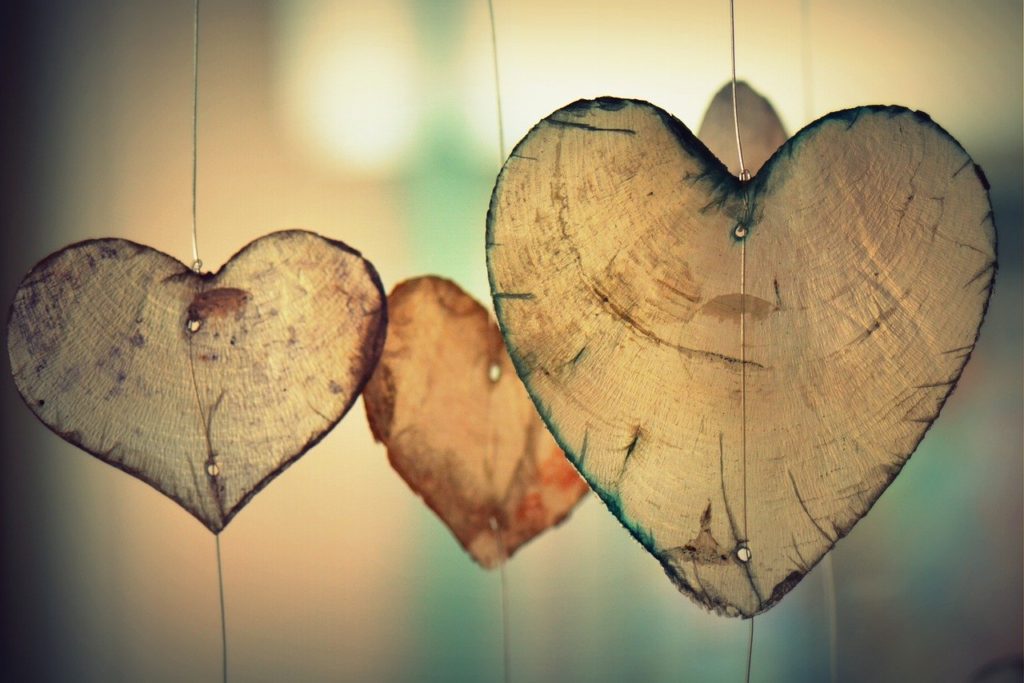
“As many posts have already mentioned – dialogue and communication are vital. It is not just the ability to be able to express your thoughts and feelings calmly but even more importantly, to listen and to try and understand the other point of view. You do not have to agree. Developing understanding and knowledge is critical.” (Ruth)
“Being responsible and having a caring heart so as to help those in need” (Musa, Uganda)
“Everyone should learn to be respectful and also live responsibly.” (Grace, Uganda)
The Significance of Education
“I think it is important to change people’s mindset when it comes to the value of human life. This can be done through a top-down approach using a lead by example approach of governments. If Governments pursue the policy that resolves the conflict in a peaceful manner through dialogue and debate rather than pursuing physical elimination of enemies then the notion that violence is not the way to resolve conflicting interests. Then using a bottom-up approach, if we teach children from a young age that disagreements should be resolved through verbal discussions as opposed to physical violence, and teach them the value of life, then we will have generations of children that will pursue peaceful resolutions.” (Sophie, UK)
“More education as children about empathy and the harm violence causes plus other conflict resolution strategies.” (Debs, UK)
Government Policy, Resources, Drugs and Alcohols
“I like in this country we don’t have many guns. That helps. Knives are too easy to buy. Registering/regulating things like hunting knives might be an idea. Although anything can be used as a weapon. I guess. I think a system to punish people that step out of line needs to be firm but fair also. So you know you’ll be in trouble if you are violent to other people.” (Leigh, UK)
“It’s impossible – humans are by nature violent. We have to accept they will not manage to be completely peaceful. However, they can be less violent by showing them other coping strategies when having disagreements.” (Henry)
“We can’t. Humans are violent. That is our nature.” (Sean, UK)
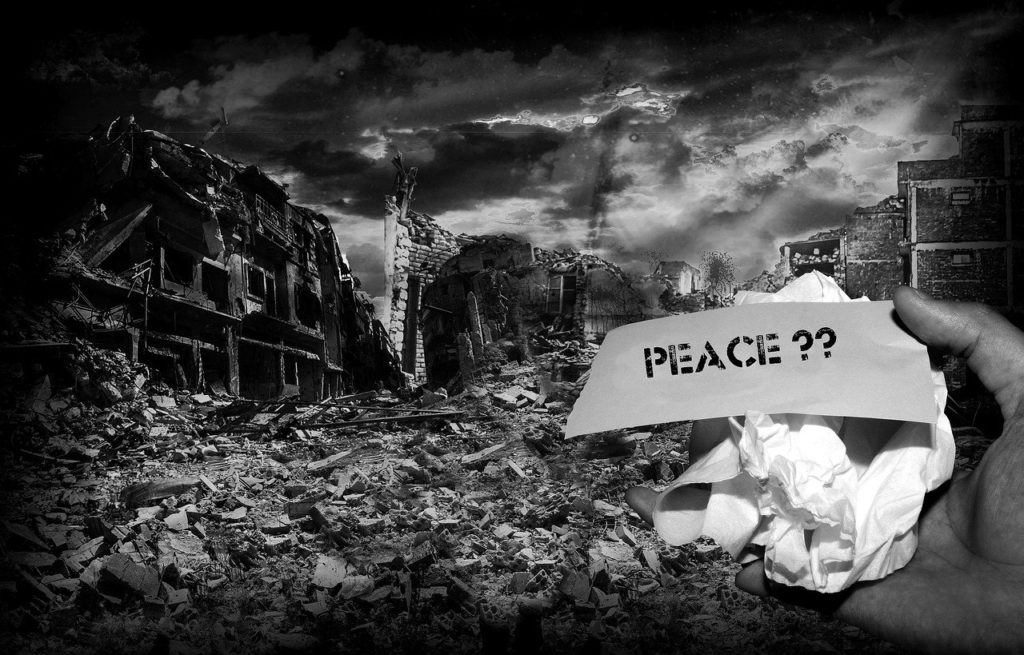
“I think there should be enough supports, financially and mentally, from others such as the government because some people can be very violent for lack of satisfaction of those.” (Amanda, Japan)
“I believe that alcohol and drug taking make violence worse. If we reduce or eliminate these practices, then we can be more peaceful.” (Kitzo, Japan)
In Conclusion
Thank you for everyone who participated in this month’s inequality question discussion. It was inspiring to see different ideas from countries including Uganda, UK, USA and Japan.
Our children love leading on the inequality discussion, and hopefully, next month will receive even more comments from many different countries!
Thanks again for sharing your ideas and we look forward to your participation next month! Stay safe and happy! 🙂

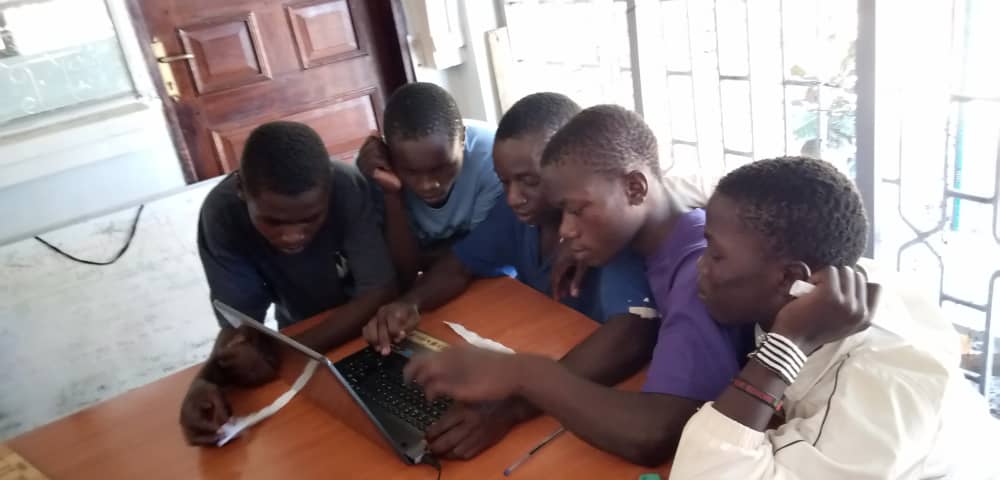
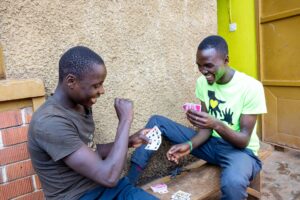
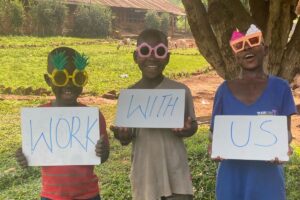

0 Comments